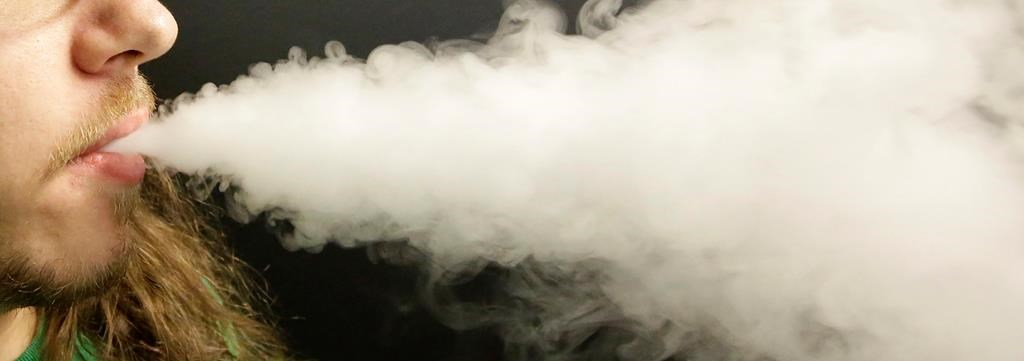Support strong Canadian climate journalism for 2025
A new study by Ontario researchers suggests that brain activity in rats exposed a single time to THC — the vapourized psychoactive component of marijuana — is similar to those with schizophrenia and cannabis-induced psychosis.
Lead author Jibran Khokhar, an assistant professor of neuroscience at the University of Guelph, said the rats' "dampened" brain activity lasted at least one week after the exposure.
"It was really surprising," he said.
Khokhar and his team are trying to tease out the long-known relationship between marijuana use and schizophrenia.
A genetic predisposition to schizophrenia combined with exposures to cannabis can increase the risk for that person to have a psychotic episode or to then have a diagnosis of schizophrenia, Khokhar explained.
But the causal relationship between the two is not known.
"The goal and focus of the lab is to try to crack this chicken or egg question of substance use and schizophrenia," Khokhar said.
His team surgically implanted electrodes into the brains of eight healthy rats that had never been exposed to tetrahydrocannabinol, or THC. After the animals recovered from the surgery, his team pumped pure vapourized THC or a saline solution into sealed rat chambers.
Then they monitored the rats' activity in several regions of the brain, including the prefrontral cortex, the orbitofrontal cortex and the dorsal striatum.
"We found across all the regions the single exposure to THC changed the individual activities of these brain regions, but also altered how these regions communicate, or jive, with one another," Khokhar said.
The research was published recently in the Canadian Journal of Addiction.
Khokhar said they have built customized chambers to study vaping further.
"Vapourized cannabis is gaining popularity and as more concentrates come on the market, we see an increase in wax and shatter — high concentrate forms of THC — and will probably be vapourized with these vape pens," Khokhar said.
Public health officials south of the border are investigating hundreds of serious breathing illnesses — including at least seven deaths — with most related to vaping marijuana oil. Last week, Canadian officials announced what is believed to be the first vaping-related illness in London, Ont., that left a teen on life support before recovering.
Canada's chief public health officer said last week that at least three reports of potential vaping-related illnesses are being investigated, but nothing has been confirmed.
Khokhar said the rising popularity of vaping and the reported pulmonary illnesses underscore the need to do more research.
This report by The Canadian Press was first published Sept. 22, 2019.





Comments